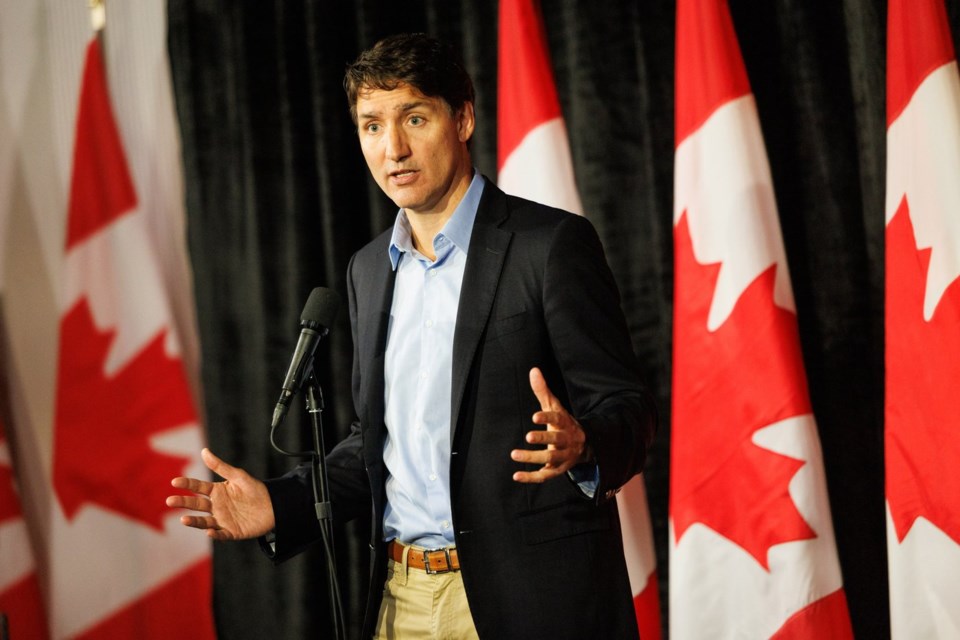OTTAWA — The federal government says businesses can now request remission from newly announced tariffs on Chinese electric vehicles and steel and aluminum products.
Ottawa says the relief is aimed at offsetting challenges Canadian industries may face as they adjust their supply chains.
Prime Minister Justin Trudeau announced on Aug. 26 that sa╣·╝╩┤½├Į will impose a 100 per cent tariff on Chinese EVs and a 25 per cent tariff on steel and aluminum.
The tariff on Chinese EVs took effect Oct. 1, while steel and aluminum tariffs are set to come into place Oct. 22.
The federal government says it will consider requests where businesses rely on the imported product and can't source it from elsewhere or where they face contractual obligations made prior to the tariffs announcement, as well as other exceptional circumstances.
Finance Minister Chrystia Freeland has accused China of unfair trading practices as well as "abysmal" environmental and labour standards that she said allow it to unfairly price and dump products into the market at a huge cost to the environment and workers.
The tariffs were announced following a month-long consultation process, which is required under Canadian law.
The move by the Liberal government follows similar tariffs announced by the U.S. in the spring, though those have yet to take effect. sa╣·╝╩┤½├Į was under immense pressure to match the U.S. tariffs, pushed by industry groups including automakers and steel and aluminum plants.
China launched a complaint against sa╣·╝╩┤½├Į at the World Trade Organization last month over the tariffs and announced an anti-dumping probe into Canadian canola imports, vowing to defend the "legitimate rights and interests of Chinese companies."
This report by The Canadian Press was first published Oct. 18, 2024.
Nojoud Al Mallees, The Canadian Press



